
Wall Mounting EV Charge Station
Revolutionize Your Driving Experience: Discover the Future of Electric Car Chargers Today!
The electric vehicle (EV) market is witnessing a transformative shift as advancements in technology continue to reshape the landscape of transportation. With over 7 million electric cars now on the roads in the U.S. alone, the demand for efficient and accessible Electric Car Chargers is at an all-time high. According to a recent report by the International Energy Agency (IEA), the number of public EV charging stations worldwide surged to over 1.3 million in 2021, a figure projected to grow exponentially as governments and private sectors invest heavily in sustainable energy infrastructure. As consumers increasingly embrace the benefits of electric vehicles, the future of driving hinges on the evolution of charging solutions that can enhance convenience, speed, and reliability.
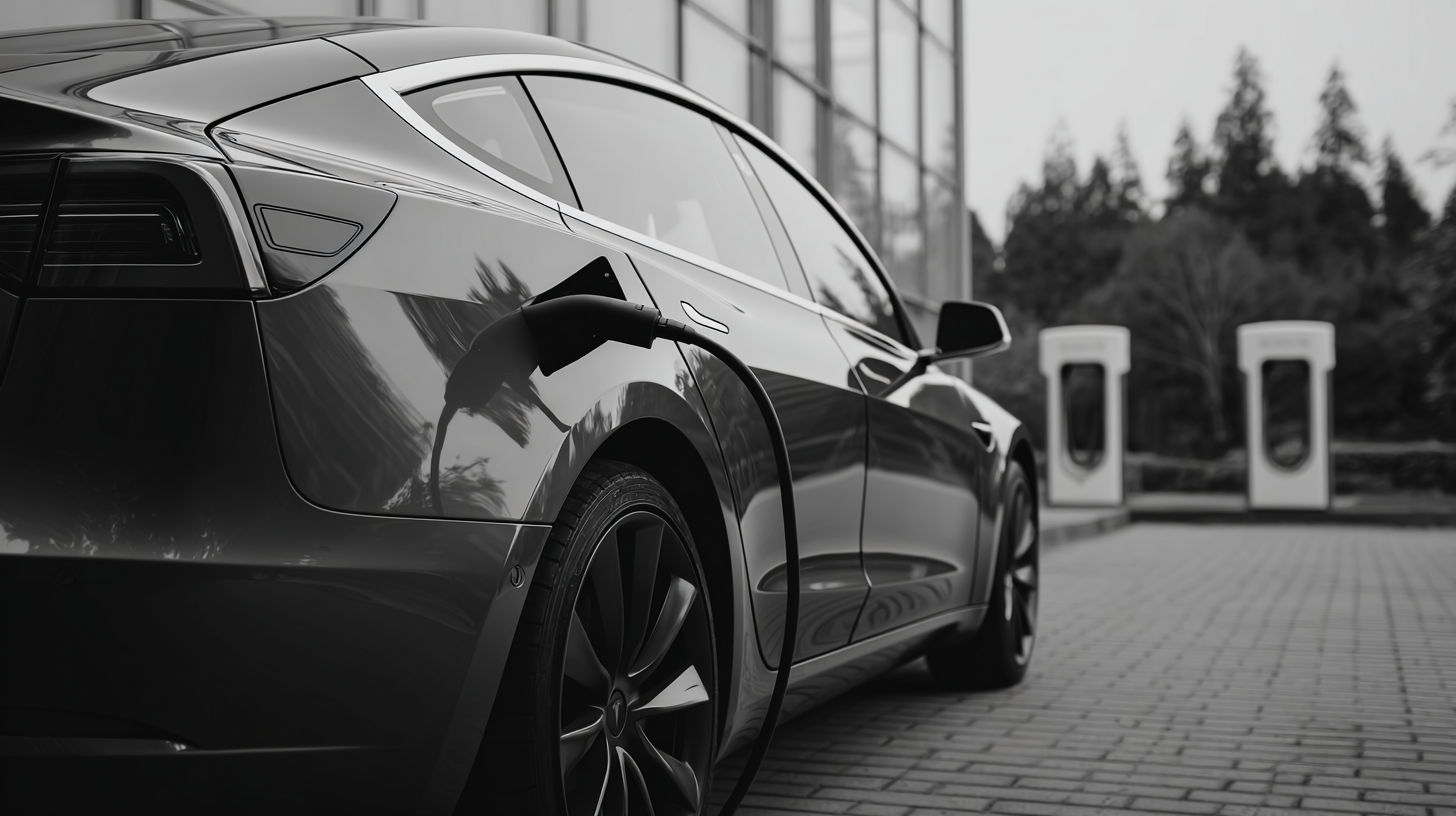
This article delves into the cutting-edge technologies and innovations that promise to revolutionize your driving experience and make Electric Car Chargers more accessible than ever before.
Innovative Charging Solutions for the Next Generation of Electric Vehicles
The evolution of electric vehicle (EV) charging solutions is rapidly transforming the way we think about mobility.
Innovative technologies, such as dynamic and flexible charging systems, are making strides in enhancing the user experience
and accessibility of EV charging. Recent advancements indicate a growing emphasis on integrating
real-time data and IoT capabilities into charging infrastructure, creating seamless interactions between vehicles and power sources.
For instance, the current market size of the global EV charging infrastructure is projected to reach over
$100 billion by 2028, reflecting a compound annual growth rate (CAGR) of nearly
30% from 2021 to 2028.
Investments in advanced charging solutions like
bidirectional AC architecture and liquid-cooled fast charging cables are paving the way for faster,
more efficient charging options. These innovations provide consumers with the ability to charge their vehicles more rapidly and sustainably.
As electric vehicles gain market share—expected to account for
30% of global vehicle sales by 2030—having robust charging networks will be critical.
Tips:
- Consider installing a home charging station that utilizes the latest technologies for optimal performance and convenience.
- Stay informed about local incentives for EV charging infrastructure, which can significantly reduce installation costs.
- Explore options for dynamic charging systems that can adapt to your driving habits, ensuring a consistently efficient charge.
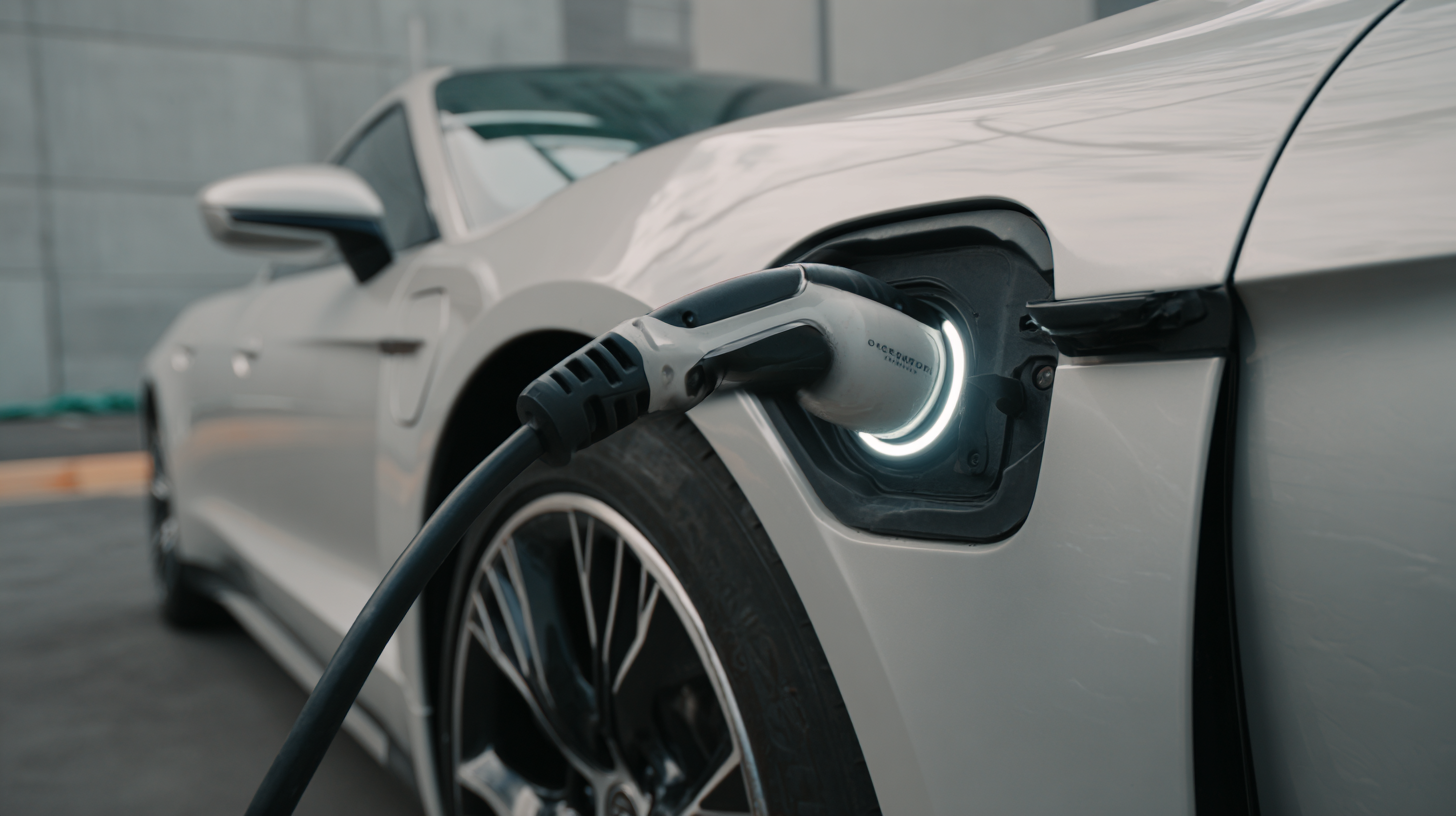
Smart Technology: The Role of IoT in Modern Electric Car Chargers
The internet of things (IoT) is drastically transforming the electric vehicle (EV) charging landscape, making the driving experience not only smoother but smarter. Modern electric car chargers are now equipped with IoT technology, enabling them to communicate seamlessly with vehicles, charging stations, and even mobile applications. This connectivity allows for real-time monitoring of charging status, energy consumption, and potential issues, ensuring that drivers are always informed and connected.
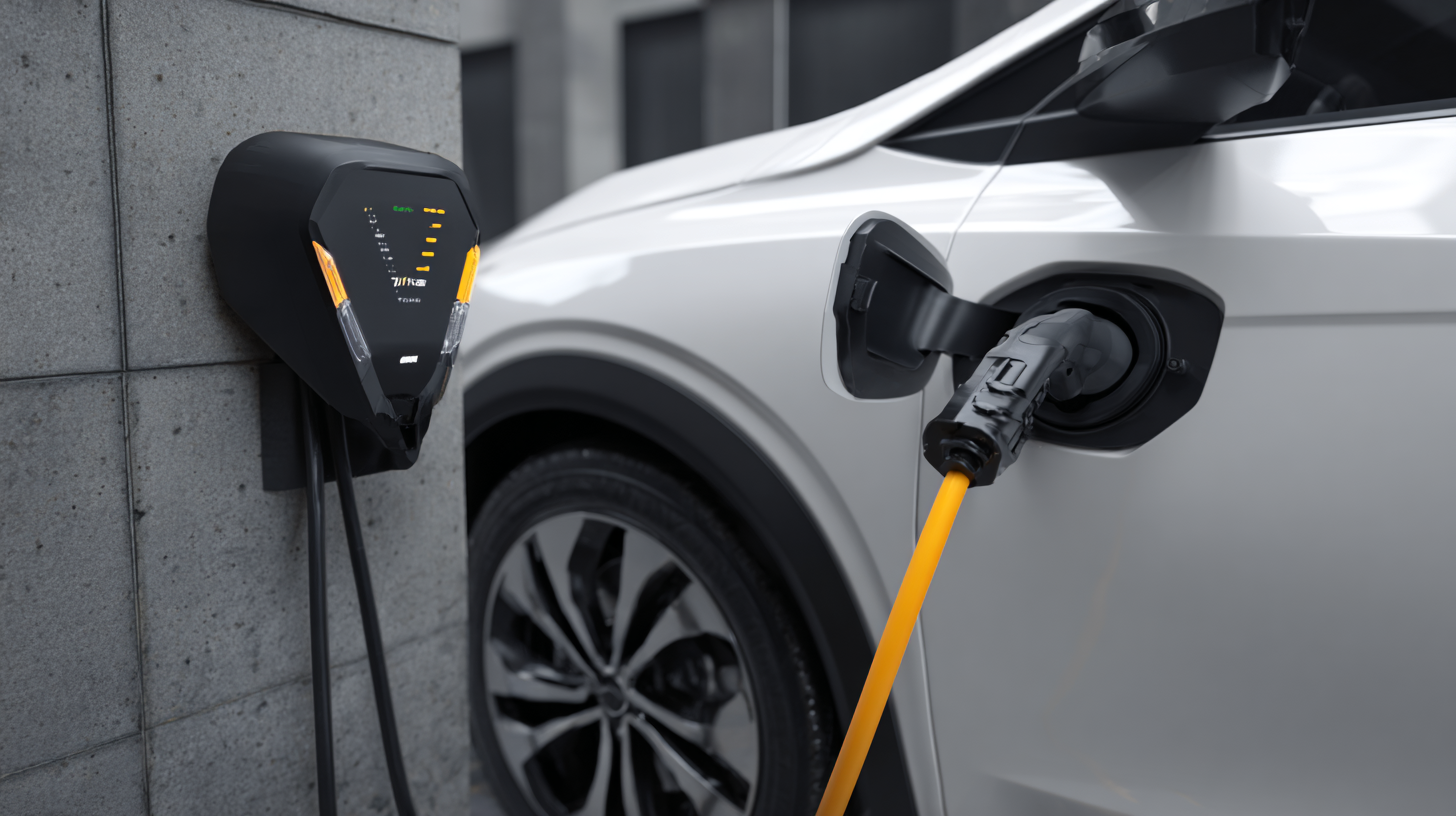
Moreover, incorporating smart technology into electric car chargers enhances user experience through advanced features. For instance, drivers can schedule charging sessions during off-peak hours to save on energy costs or receive notifications when their vehicle is fully charged. Additionally, IoT-enabled chargers can analyze usage patterns and optimize the charging process based on the vehicle's battery requirements and grid conditions, making the charging process more efficient and environmentally friendly. With these innovations, the future of electric car charging promises a driving experience that is smarter, more convenient, and aligned with sustainable energy practices.
Fast Charging: Breaking Records with Advanced Charging Stations
The world of electric vehicles is rapidly evolving, and fast charging technology is at the forefront of this revolution. According to a recent report by the International Energy Agency (IEA), global electric vehicle registrations surged to over 10 million in 2022, reflecting a growing demand for efficient charging solutions. Advanced charging stations are playing a pivotal role in this shift, with new technologies capable of delivering up to 350 kW of power. This enables EVs to recharge to approximately 80% in just 20-30 minutes, a remarkable feat compared to earlier models that required several hours.
Furthermore, advancements in ultra-fast charging stations are shattering previous records, thanks to innovative cooling and battery management systems. A study by the U.S. Department of Energy highlighted that the growing network of fast chargers not only supports longer travel distances but also alleviates range anxiety for drivers. With projections indicating that the number of public charging points could exceed 1 million by 2030, the future of electric car charging looks incredibly promising. These developments underscore the automotive industry's commitment to making electric vehicles more accessible and convenient for consumers worldwide.
Charging Speed Comparison of Electric Car Chargers
This chart illustrates the charging speeds of various electric car charger types, showcasing the advancements in fast charging technology.
Eco-friendly Charging Options: Sustainable Power Sources for EVs
As the electric vehicle (EV) market continues to grow, the demand for eco-friendly charging options has become paramount. According to a report by the International Energy Agency (IEA), sales of electric cars surpassed 6.6 million in 2021, a significant increase from previous years. This surge underscores the urgent need for sustainable power sources that align with environmental goals. Innovative charging solutions are emerging, leveraging renewable energy sources like solar and wind, which can drastically reduce the carbon footprint associated with traditional energy consumption in EV charging.
Research shows that integrating electric vehicle supply equipment (EVSE) with solar panels can enable drivers to power their vehicles with 100% renewable energy. A study from the U.S. Department of Energy indicates that across the nation, the cost of solar energy has dropped by nearly 89% since 2009, making it a more viable option for homeowners and businesses looking to install charging stations. Additionally, many states are incentivizing the installation of green charging infrastructure, recognizing its potential to decrease greenhouse gas emissions and enhance energy resilience. These developments in eco-friendly charging options are not only transforming the driving experience but also paving the way for a cleaner and more sustainable future for transportation.
User Experience: The Future of Electric Car Charger Interfaces and Accessibility
The future of electric vehicle (EV) chargers is evolving towards enhanced user experience through innovative interfaces and increased accessibility. As automakers pivot to standardized charging ports, partnerships between companies are fostering an ecosystem that prioritizes seamless user interactions. For instance, recent collaborations have introduced advanced charging solutions that not only improve the speed of charging but also enhance the overall accessibility of charging stations for users.
Innovative products, such as high-powered DC fast chargers, are being designed with user-centric features, making the charging experience more intuitive and efficient. These advancements allow drivers to navigate and activate chargers easily, accommodating diverse user needs across various settings. With networks expanding across multiple countries, users can expect to access an integrated and reliable charging experience, breaking down barriers that previously hindered EV adoption. The focus on technology, accessibility, and user experience signifies a transformative shift in how we interact with electric vehicle infrastructure, promising a more convenient future for all EV drivers.
Revolutionize Your Driving Experience: Discover the Future of Electric Car Chargers Today!
| Charger Type | Charging Speed (kW) | Estimated Charging Time (hours) | Connectivity Interface | Accessibility Features |
|---|---|---|---|---|
| Level 1 Charger | 1.4 kW | 8-12 hours | NEMA 5-15 Plug | Universal design, tactile buttons |
| Level 2 Charger | 7.2 kW | 4-6 hours | NEMA 14-50 Plug | Voice commands, screen readability |
| DC Fast Charger | 50 kW | 30 minutes | CHAdeMO, CCS | Mobile app integration, real-time updates |
| Ultra-Fast Charger | 350 kW | 15-20 minutes | CCS | Touchless operation, remote diagnostics |
Related Posts
-

Noteworthy Variants of AC EV Charging Cables You Should Consider
-

Embracing Innovation: The Future of EV Charger Stations for Sustainable Transportation
-

7 Compelling Reasons to Choose an Ac Portable Ev Charger for Your Electric Vehicle
-
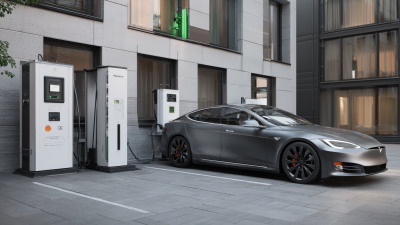
Ultimate Guide to Choosing the Right Ev Charger Station for Your Needs
-
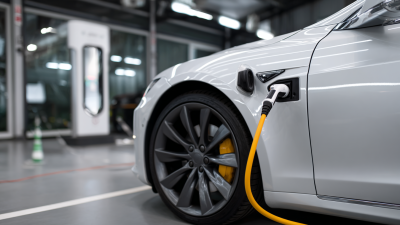
How to Choose the Right AC EV Charging Cable for Your Electric Fleet: A Comprehensive Guide
-
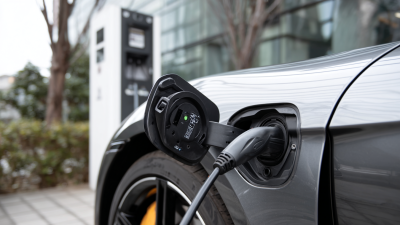
Understanding Ev Chargers: The Future of Sustainable Energy for Your Electric Vehicle

